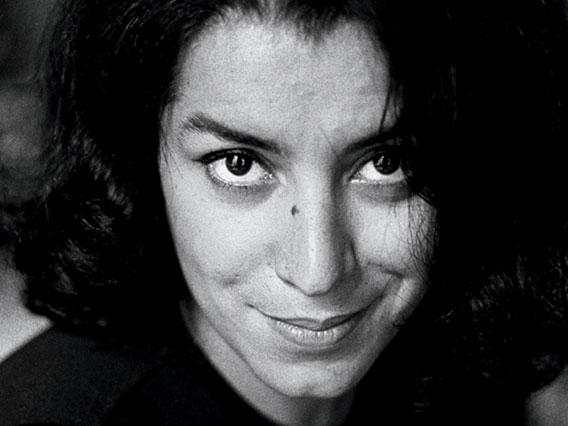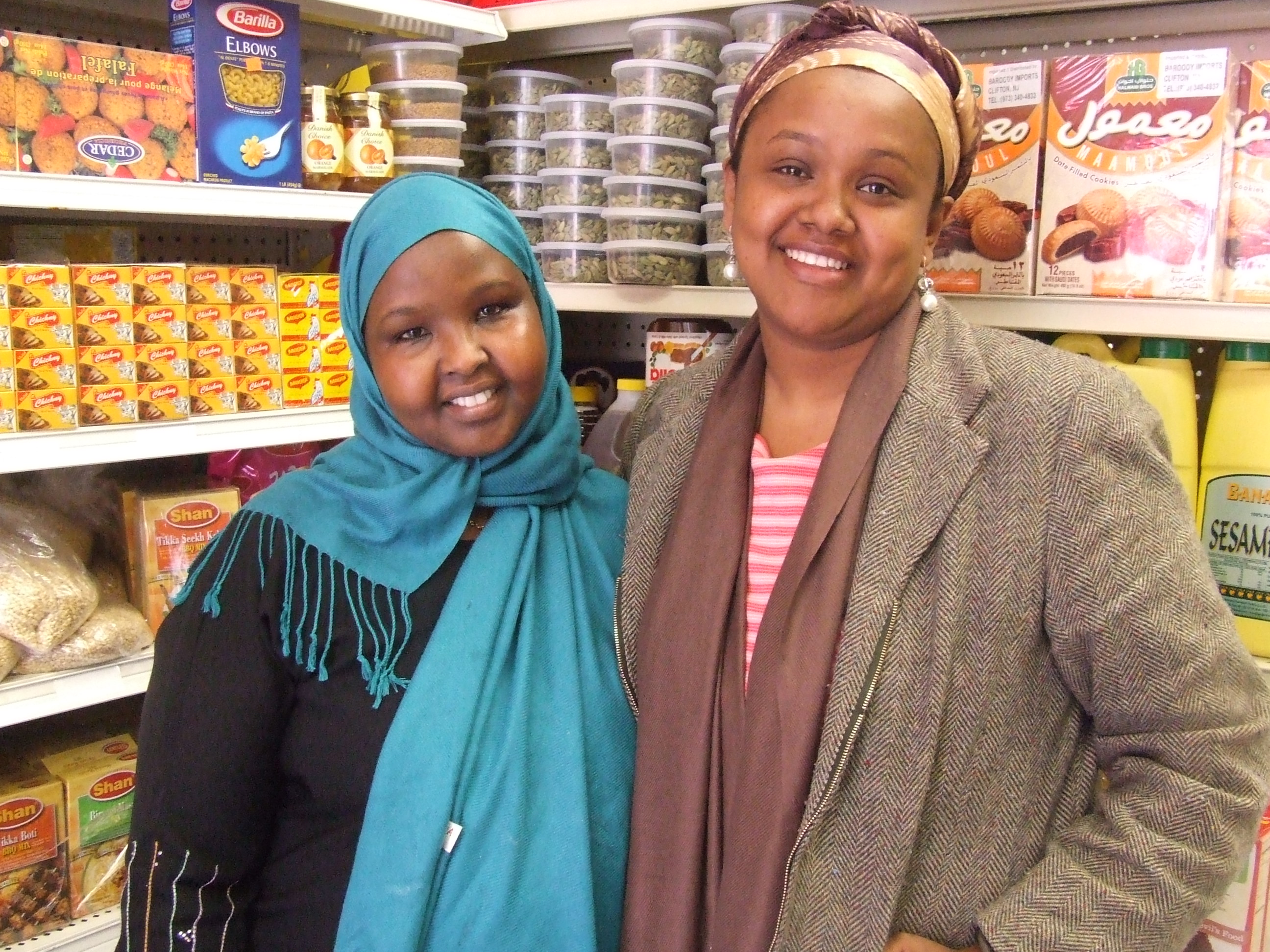Marjane Satrapi: Life After
Marjane Satrapi is one of the most inspiring storytellers of our time. She is the embodiment of an artist who uses creativity to express her political views. Satrapi is best known as the French-Iranian graphic novelist whose best-selling books, Persepolis and Persepolis 2, were turned into a film of the same name. Persepolis is an autobiographic tale of Satrapi growing up in Tehran in a family with socialist beliefs just before the Iranian revolution. She came to Boston recently to discuss her life after the Persepolis phenomenon, Muslim women and identity.
I discovered Satrapi’s work by accident while walking past a local bookstore ten years ago, where I saw Persepolis in the store’s main window. I was captivated by the book cover of a young girl in a hijab. I assumed immediately that it was just another book about how repressed women are treated in the Islamic world. However, I went into the store anyway to see a few pages. I quickly saw that it was a graphic novel – a format I was not used to reading. Twenty minutes later, I had almost read half the book. I learned quickly that this was not another repressed Muslim woman’s tale. Satrapi’s Persepolis is a story of determination and hope that really captures a balance view of Iran from a child’s eye.
I was equally impressed with her follow up work, Embroideries, which delves into the sex lives of the colorful women in her family. The lurid details in the book again go against the stereotype of women in Islamic countries.
“Women actually had more rights before the revolution than under the new regime,” Satrapi said. “For example, in the 60s and 70s the miniskirts women wore in Iran were short short. At the time in the West, the mini-skirt was a result of the women’s revolution. In Iran women wore the mini-skirt, but had to remain a virgin. But here is my problem with virginity. If men have the right to make love, they had to make love to somebody.”
Satrapi’s work still creates controversies. In March a Tunisian TV station was fined for undermining “proper morals” by screening the film version of Persepolis, which depicts Allah, an act considered blasphemous by many Sunni Muslims.
Satrapi, who was raised atheist, sees extremism in all belief systems.
“There is no clash between East and West, North and South, and Muslim and Christian. There is a clash between fanatics and open-minded people, and fanatics are everywhere,” she said. “I see no difference between a hardcore Christian who kills a doctor because he made an abortion, or a crazy Muslim who burns something, or a crazy Buddhist who does another thing. Fanatics are driven by emotion.”
Satrapi also commented on the recent controversial ban on veils in France. She asked why the French government hypothetically why in 1970 no North African woman wore a veil, but they do now. Maybe this was a larger discussion about still feeling like an “outsider” as a first or second generation Arab woman in France.
“I don’t like the veil, but I will never tell someone else not to wear it,” she said.
Satrapi has such a sound view of the world; something that is much needed today.

